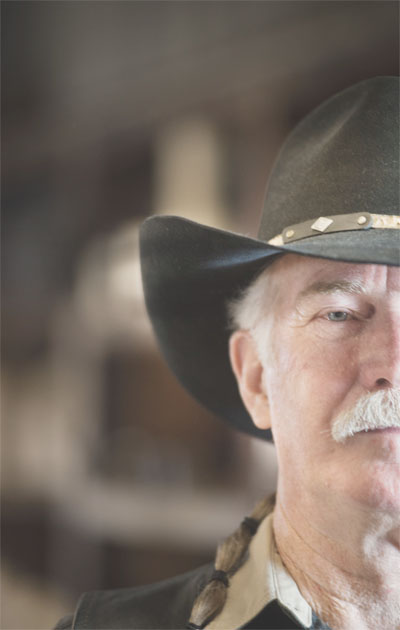Empathy—a powerful tool for writers
Empathy—the ability to feel another’s perspective. It’s a fascinating subject. Empathy can provide a useful tool for survival, such as improving one’s ability to anticipate the moves of an adversary or envisioning the likely response of an opponent to one’s own actions. We see this portrayed in stories of hostage situations in which a victim is able to thwart an armed attacker by getting into their head and appealing to base emotions.
I suppose empathy can be weaponized. I think that is the basis of psychological warfare. Empathetic understanding can be associated with criminal profiling. But, using empathetic understanding for better communication and fostering of improved social relations has greater appeal to me. Empathy can bring insights into the behavior of colleagues, family and friends. It can help one understand the actions and motives of others. I remember my mother talking with a young boy who was jabbing a stick into the earth alongside a shallow ditch. He revealed that he was unhappy in his family’s recent move “to a place where a kid can’t even dig a hole without getting in trouble.”
Empathetic understanding can be especially important to writers. It can help a writer to understand the feelings and motives of a villain, providing for a more interesting and believable bad guy. This is particularly important as mystery novels increasingly emphasize character complexity. Since a writer must depict a whole cast of characters, good empathetic understanding enriches our portrayal of characters in addition to the villain.
Empathetic skill is important to the writer while conducting research for a novel. It’s not enough to learn about facts and events we want to use in a novel, we need to gain and portray the way people we are writing about, or who have inspired our writing, felt when they did what we want to write about. Those feelings must so permeate our understanding of the people we write about that attitudes and motives will come through in how our fictional characters talk, act, and interact. Their feelings must be more than an analytic deduction, they must be ingrained by the writer and infuse the writing.
Admittedly, some people are simply more empathetic than others. But, can empathy be developed as a skill? I think so. As with most things, practice leads to perfection. We can ask ourselves how people we observe, or study must feel about something. We can consciously ask ourselves what our friends and colleagues seem to feel as we interact with them in a host of differing situations. As we people-watch, and I suspect most writers are people-watchers, we can seek glimmers of empathetic understanding of the behaviors we observe and not simply listen to dialogue or look for amusing situations and characters. I think empathy can be one focus of attention, and that we can improve our ability to employ it with conscious practice.
I don’t portray Bobby Navarro, my series protagonist, as being particularly empathetic. He’s a biker, a blaster, and a loner. But, he’s a people-watcher. And, he solves murders because he cares about people, especially the young and vulnerable. He was able to understand the feelings of a young woman who was a bit of a marginalized individual in Murder on the Mother Road and gain important information leading to solving the murder in that story. Perhaps there’s a little empathetic capability in most of us. It just needs to be developed. What do you think?


Hi, Glenn. I try to journal and have found in doing so, emotions come up on the page. Those are the kind of emotions we want our characters to feel and can be used in our work.
Hi Vicki. Thanks for your visit. I have a friend (I haven’t seen in some time) who did a journal. Every time we got together after a long time apart he would reflect on his journal entry for a particular time we rode together. I suspect writing a journal does get at the emotional heart of an event. I think I should journal more often than I do. Thanks for sharing.